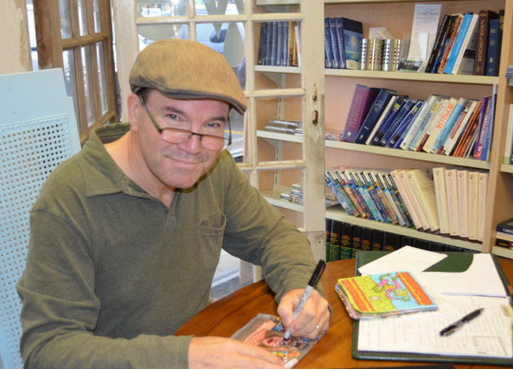‘The Gospel According to Harry Potter’ week!

One of the hardest things to accept is that we can plan the future in great detail and still have no guarantee it will turn out according to our plans. There are too many overlapping elements of cause and effect taking place for precise predictions to be very accurate.
J. K. Rowling’s story is a good example of that. When she started the first book of the Harry Potter series she had a pretty good idea of the overarching storyline. But then her mother died unexpectedly at age 45. That single unpredicted event caused her to heavily refocus the story to have Harry more emotionally in turmoil over the death of his own parents.
One of the strongest elements of the Harry Potter series is the realistic depiction of what a young person goes through when everything they hold dear is taken away. It allows many who read the books to relate to Harry in a way they otherwise might not have. We can’t say for certain, but it’s very possible that one element was critical in the huge audience response, and IT could not have been predicted.
Jesus addresses this same issue when he talks about the uselessness of worry, especially about the future. He knows that it’s impossible to control the future (and the past) so in his mind it is much better to think about what you can and should do in the here and now, to solve today’s problems.
Read Matthew 6 in the New Testament for the specific teaching. The chapter ends with ‘Therefore do not worry about tomorrow, for tomorrow will worry about itself. Each day has enough trouble of its own.’
Drawing and commentary by Marty Coleman of The Napkin Dad Daily
Quote by J.K. Rowling, 1965-not dead yet, British author. Quote is spoken by Albus Dumbledore in book #3 – Harry Potter and the Prisoner of Azkaban
